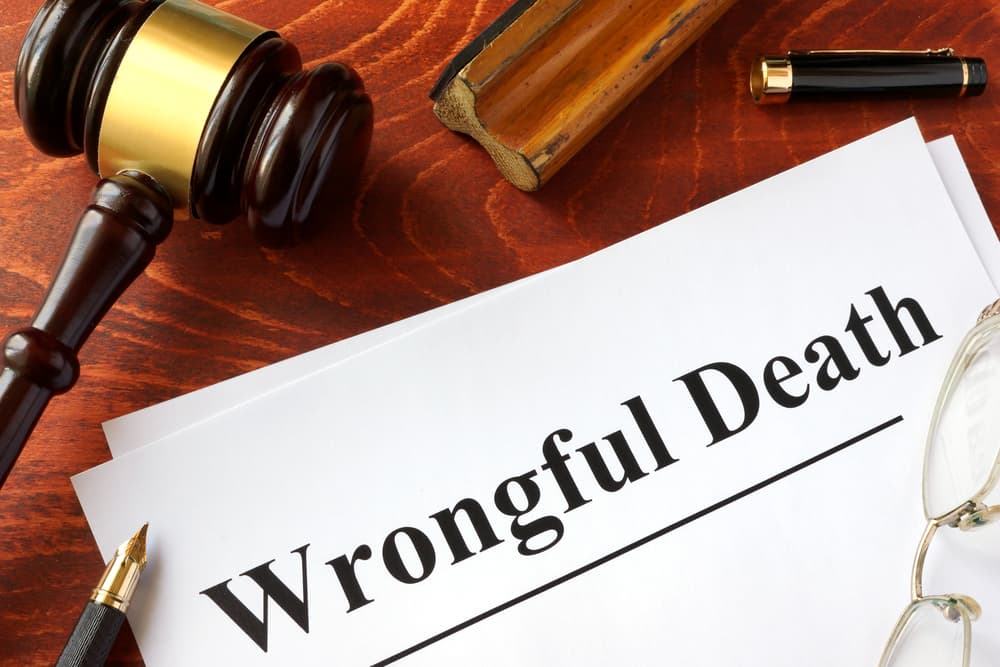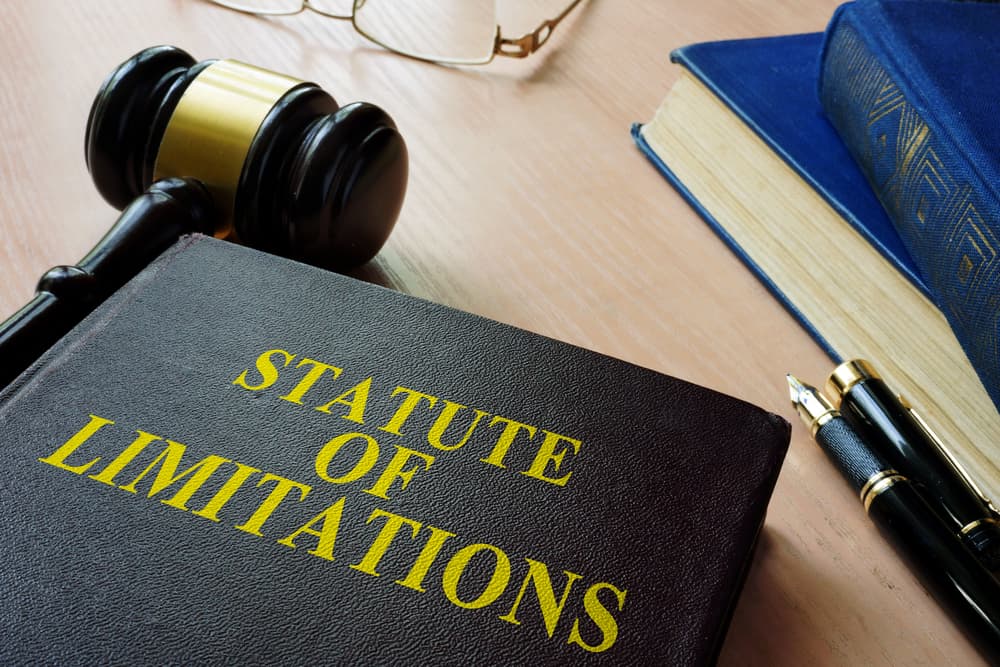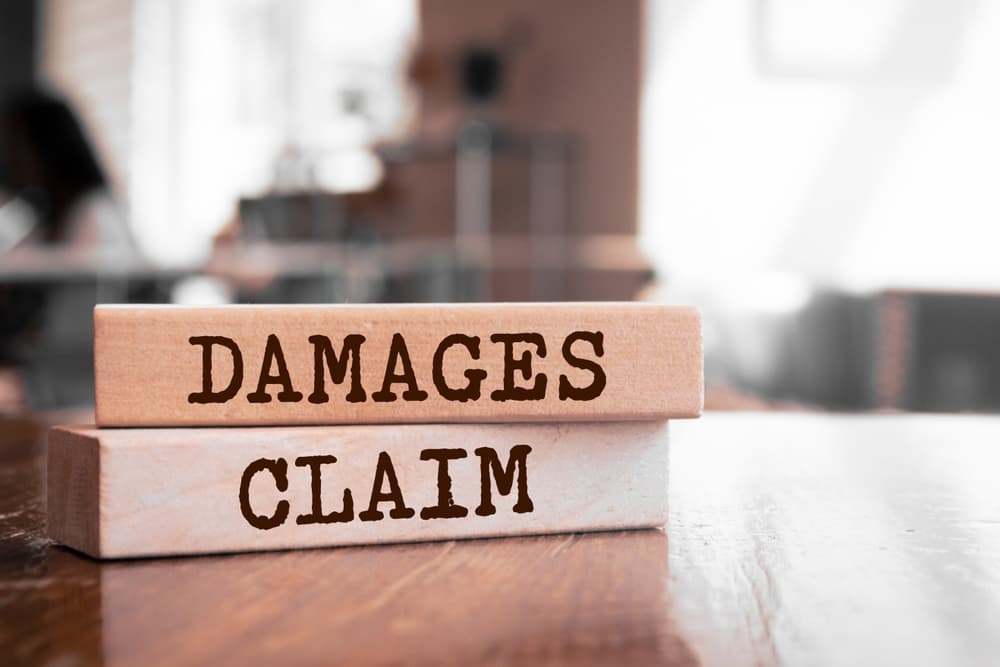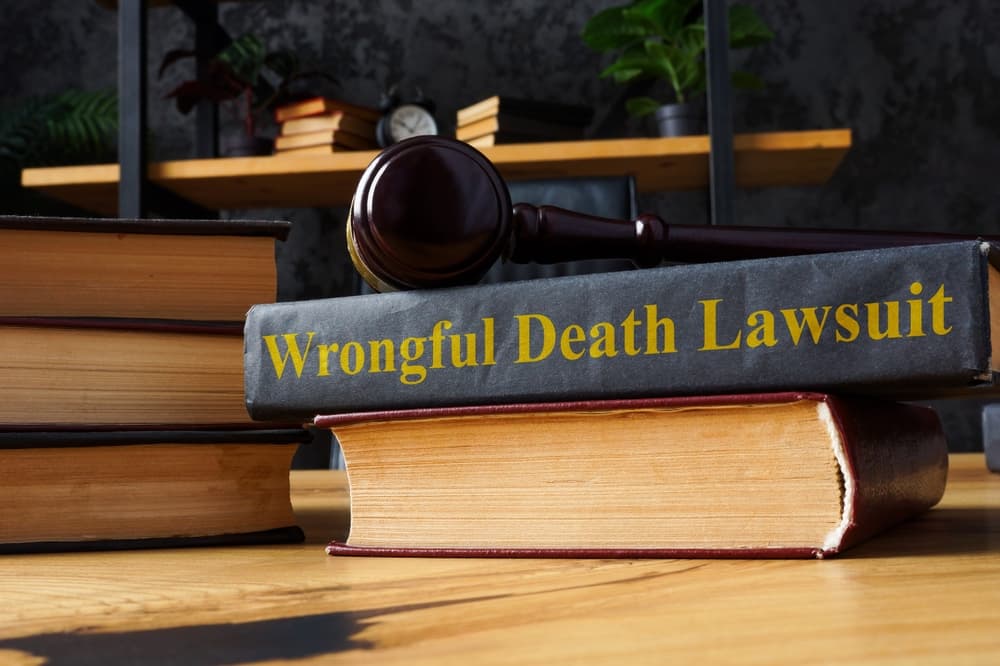Unintentional injuries are one of the leading causes of death in the United States for most age groups. In many cases, these deaths happen due to the actions of another person. These tragedies happen far too often and can happen to anyone at any moment.
Losing a loved one in an accident because of someone’s negligence is devastating. Suddenly, the person you counted on, such as a parent or spouse, is gone, and there is a gaping void in your life. After the initial shock subsides, you may wonder about your legal options. Every state allows close family members to file a wrongful death lawsuit to obtain compensation for the loss.
A wrongful death attorney can explain the laws in your state, including the statute of limitations, and how to proceed with a claim. They can review your case at no charge or obligation and determine your legal options.
What Is a Wrongful Death?

A wrongful death is any death that was caused by the negligent or willful act of another party. Certain family members or estate representatives can file a wrongful death claim to obtain fair compensation for the loss. Every state has its own wrongful death laws. These laws define who is allowed to sue and if there are any limits on damages.
For example, some states limit compensation for pain and suffering in personal injury and wrongful death claims. Your attorney will know what limits and restrictions are in place for compensation in your state.
Who May Sue for Wrongful Death?
Most states limit plaintiffs in wrongful death claims to close family members, children, parents, and spouses. The requirements for filing a claim differ from those considered heirs according to the will.
For example, a non-family member who is a beneficiary in the will is not allowed to file a wrongful death lawsuit. However, the estate’s representative can file the claim on behalf of the estate. Any damages that result from the lawsuit are distributed to the beneficiaries named in the will.
Proving Wrongful Death
Wrongful death lawsuits are common after or in addition to personal injury claims. The plaintiff in the wrongful death claim must prove that another person or entity was negligent.
This is done by proving these legal elements in the wrongful death claim:
- The defendant had a duty of care to the victim. For example, a car driver must drive safely, not endanger others, and obey traffic laws.
- The defendant breached their duty of care. Using the above example, a car driver might run a red light and hit and kill your loved one in a crosswalk.
- There was an injury and death: Your loved one died because of the car accident.
- You have damages: The death of your loved one left you with mental anguish, medical and funeral bills, and loss of income.
Your wrongful death lawyer will work hard to prove these elements so that your family can receive fair compensation for the loss.
What Is a Statute of Limitations?
A statute of limitations is a legal deadline that establishes the time you must file a lawsuit in court to obtain justice. Statutes of limitations are essential to prevent people from suing for wrongdoing that occurred many years ago.
For example, if you are hit by a car and injured, you usually only have two to four years to file a lawsuit for damages, depending on state law. Without a statute of limitations, you may file a lawsuit against the person within ten years. Critical evidence may have disappeared by then, and eyewitnesses may have died or moved. The statute of limitations gives plaintiffs a reasonable amount of time to collect evidence while it is fresh.
Wrongful death claims also are subject to a state’s statute of limitations. Generally, you have two, three, or four years from death to file your claim. A different statute of limitations may apply based on the type of wrongful death claim. For instance, a different timeline might apply to a medical malpractice claim involving death.

Family members may also have more time to file a wrongful death lawsuit if the cause of death is discovered after the time limit has expired.
For example, a doctor may have committed malpractice by not diagnosing pancreatic cancer. If the patient died from the disease but the family didn’t know about the failure to diagnose until a year later, they might have more time to file a claim.
Every state has its own statute of limitations for personal injury and wrongful death claims. Speak to a wrongful death lawyer in your state today to learn how long you must file a claim. You need to file your claim before the statute of limitations expires. Otherwise, you cannot obtain compensation in a lawsuit.
So, you should always take legal action as soon as possible after the person passes on. Your attorney needs as much time as possible to investigate the claim and take legal steps.
Potential Compensation in a Wrongful Death Claim
You might recover financial compensation from your wrongful death claim.
Compensation can include:
- Medical bills for your loved one’s care before they passed away
- Burial and funeral expenses
- Pain and suffering for the deceased
- Your mental and emotional anguish
- Lost future income from the deceased
- Loss of inheritance
- Loss of services
- Loss of consortium
A wrongful death lawyer can review your case at no charge today to determine your potential compensation.
Types Of Wrongful Death Claims

There are many kinds of wrongful death claims. Some common causes of preventable deaths include:
- Auto accidents: Car accidents from traffic crashes and DUIs are the most common wrongful death claims. Many auto accidents don’t result in criminal charges, but the grieving family can still obtain justice by filing a civil lawsuit against the liable party.
- Truck accidents: Even more devastating than many car crashes are collisions involving large commercial trucks. Semi-trucks can weigh up to 80,000, so they can cause catastrophic injuries and damage when they hit smaller cars, often leading to fatalities.
- Product liability: Defective products sometimes cause severe injury or death. Many product liability claims are mass torts or class actions, which the family can join in a wrongful death action.
- Police brutality: One type of wrongful death claim that has tragically become more and more common in recent years is due to unlawful deadly force by law enforcement officers. These are highly complicated matters that require the right legal representation.
Retaining a wrongful death attorney with specific experience in your type of case is wise. For example, did your loved one die in a truck accident? You should hire a truck accident attorney who has handled many wrongful death claims. They will have the experience with these cases to get you the most compensation for your losses.
Who May You Sue for a Wrongful Death?
Wrongful death claims can be filed against a variety of people and entities. For instance, if your loved one died in a car accident, a wrongful death claim might be filed against any of the following, depending on the case:
- The vehicle driver
- The employer, if the driver was working at the time of the accident
- The builder or designer of a faulty road that contributed to the accident
- A government worker who didn’t provide enough warnings about a road hazard
- The vehicle manufacturer or a company that produced a faulty vehicle part
- The people who sold alcohol to the driver who caused the accident
One of your attorney’s roles is investigating the accident and determining which parties are liable. Then, the attorney must assemble convincing evidence to prove that the person or entity caused the death.
What Is a Wrongful Death Claim Worth?
The value of a wrongful death claim varies widely, depending on the facts of the case. We can say that many wrongful death claims settle for six and seven figures, but your case might be more or less. Talk to a wrongful death lawyer today to learn what your case can be worth.
Common factors that affect case value are:
- The age and income of the deceased. If the person was young and had a high income, the case may recover more than if they were older and had a small retirement income.
- The person’s life expectancy when they died. An 80-year-old with only a few years of life left might lead to a lower value than a person who died at 30.
- The nature of your relationship with the deceased. A spouse or child of the deceased might receive more money than a more distant family member.
- The details of your state’s wrongful death statute regarding damages. Some states have caps on certain types of damages in civil lawsuits.
How Do You Pay a Wrongful Death Attorney?
You may have difficulty working and earning a living when your loved one suddenly dies. Perhaps your loved one was the primary breadwinner, and thousands in monthly income vanished in the blink of an eye. How can you afford to pay an attorney?
Fortunately, most wrongful death lawyers offer free consultations and are paid by contingency agreement. This means they are only paid at the end of the case if they obtain compensation for you.
They receive a percentage of what your family receives in the settlement or verdict, which can vary slightly based on the circumstances. Ensure you understand your attorney’s fee structure before signing a contract. If the wrongful death lawyer doesn’t get compensation for you, there is no charge.
How Do You File a Wrongful Death Lawsuit?

If you think your relative died because of an intentional or negligent act, talk to a wrongful death attorney today to find out if you have a case. If you do, you can file a wrongful death claim in the court that has jurisdiction. This usually means filing the claim in the city or county where the person died.
Once the claim is filed, you and your attorney can negotiate with the defendant or their insurance company to settle. The insurance company may prefer to settle the case for a smaller amount rather than risk going to trial and a jury awarding you more.
If you cannot settle, the case will proceed to court. You should hire a wrongful death attorney with extensive experience in wrongful death settlements and litigation.
How Long Will a Wrongful Death Case Take?
How long it takes to settle the case varies. Some wrongful death claims settle in two or three months, but others can take years. It will take time to investigate the accident and collect evidence.
It also takes time for both parties to negotiate a settlement. If the case goes to trial, it will probably take years to resolve.
Many families find that they do not have enough income to maintain their standard of living when a loved one dies. For that reason, they may want to settle the case sooner than later.
A family that can afford to wait for the compensation may decide to take the case to court and receive more money. Listening to your attorney’s advice about settling or going to trial is critical. They usually have a good feel of what the claim is worth and the best resolution.
Contact A Wrongful Death Attorney Today

Losing a loved one because of someone’s negligence is a nightmare. You can begin to pick up the pieces by filing a wrongful death lawsuit against the party that caused the loss of your family member.
A wrongful death lawsuit can provide you with much-needed compensation for medical bills, funeral expenses, mental anguish, loss of income, and more.
Speak to a personal injury attorney in your area today for a free legal consultation. Remember, your attorney is not paid unless they win your case. There are no upfront legal fees, and you don’t need to pay anything out of pocket.

